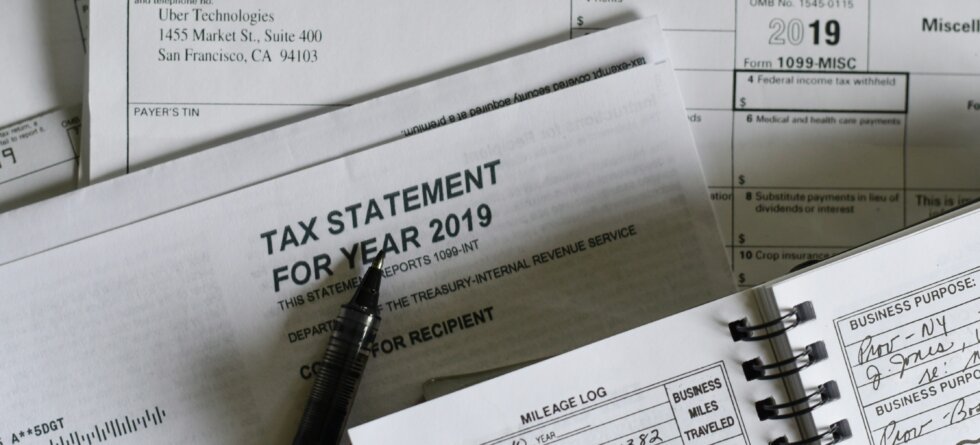Yes, the IRS can pursue tax liabilities owed by a business entity.
Here are some ways in which the IRS can come after a business for unpaid taxes…
- Tax Liens and Levies – If a business fails to pay its tax liabilities, the IRS may file a tax lien against the business’s property and assets. A tax lien is a legal claim against the business’s property to secure payment of the tax debt. The IRS may also issue a levy, which allows it to seize and sell the business’s property or assets to satisfy the tax debt.
- Penalties and Interest – The IRS can assess penalties and interest for late payment or non-payment of taxes. Penalties may include failure-to-pay penalties, failure-to-file penalties, and interest charges, which can accumulate over time and increase the total amount owed.
- Garnishment of Accounts – The IRS can garnish the business’s bank accounts or accounts receivable to collect unpaid taxes. This can disrupt the business’s cash flow and operations, making it difficult to meet financial obligations.
- Business Closure – In extreme cases of non-compliance or refusal to pay taxes, the IRS may initiate proceedings to shut down the business. This can involve revoking the business’s operating licenses, seizing its assets, or seeking court orders to dissolve the business.
- Piercing the Corporate Veil – In certain circumstances, the IRS may attempt to “pierce the corporate veil” and hold individual owners or officers personally liable for the business’s tax debts. This typically occurs when there is evidence of fraud, commingling of personal and business finances, or failure to observe corporate formalities.
- Tax Audits and Investigations – The IRS may conduct audits or investigations to assess the business’s tax liabilities and ensure compliance with tax laws and regulations. Audits can be time-consuming, costly, and disruptive to business operations.
- Offer in Compromise – In some cases, the IRS may accept an offer in compromise from the business to settle tax liabilities for less than the full amount owed. This typically requires demonstrating financial hardship or other extenuating circumstances.
Failing to pay taxes can have serious consequences for a business, including financial penalties, asset seizure, and legal action by the IRS. It’s essential for businesses to stay compliant with tax laws and regulations, file accurate and timely tax returns, and address any tax liabilities promptly to avoid enforcement actions by the IRS. Consulting with a tax professional or legal advisor can help businesses navigate tax issues effectively and minimize the risk of IRS intervention.




